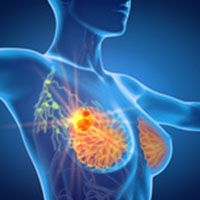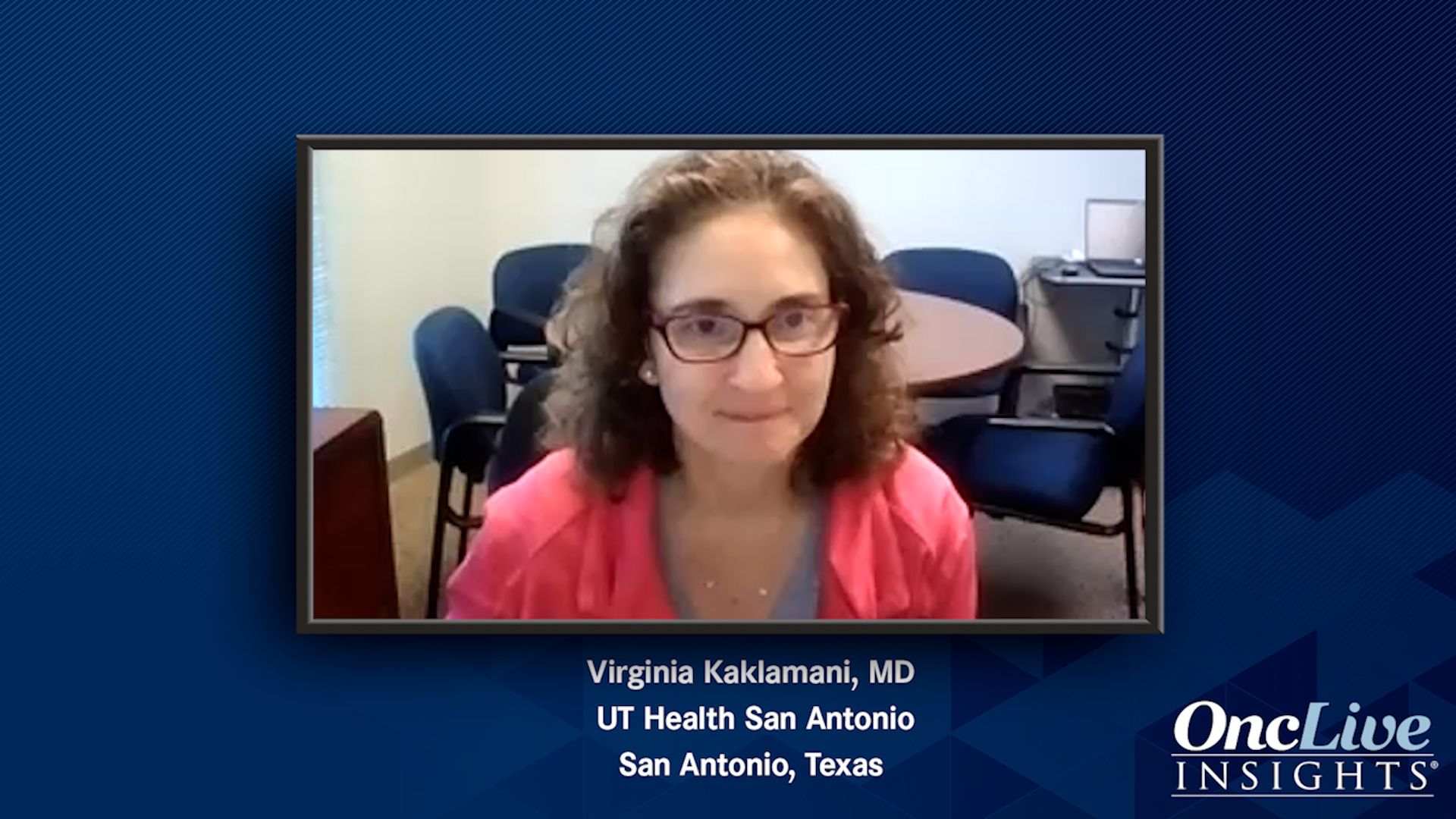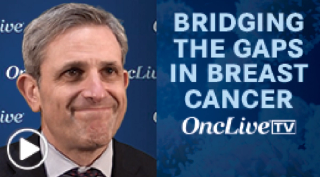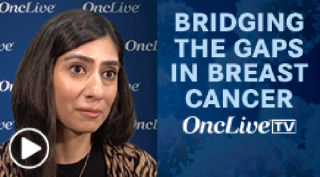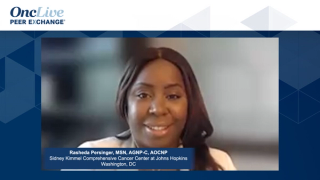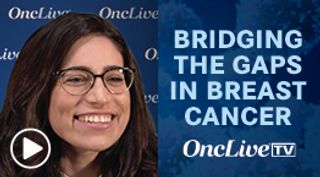
Breast Cancer
Latest News
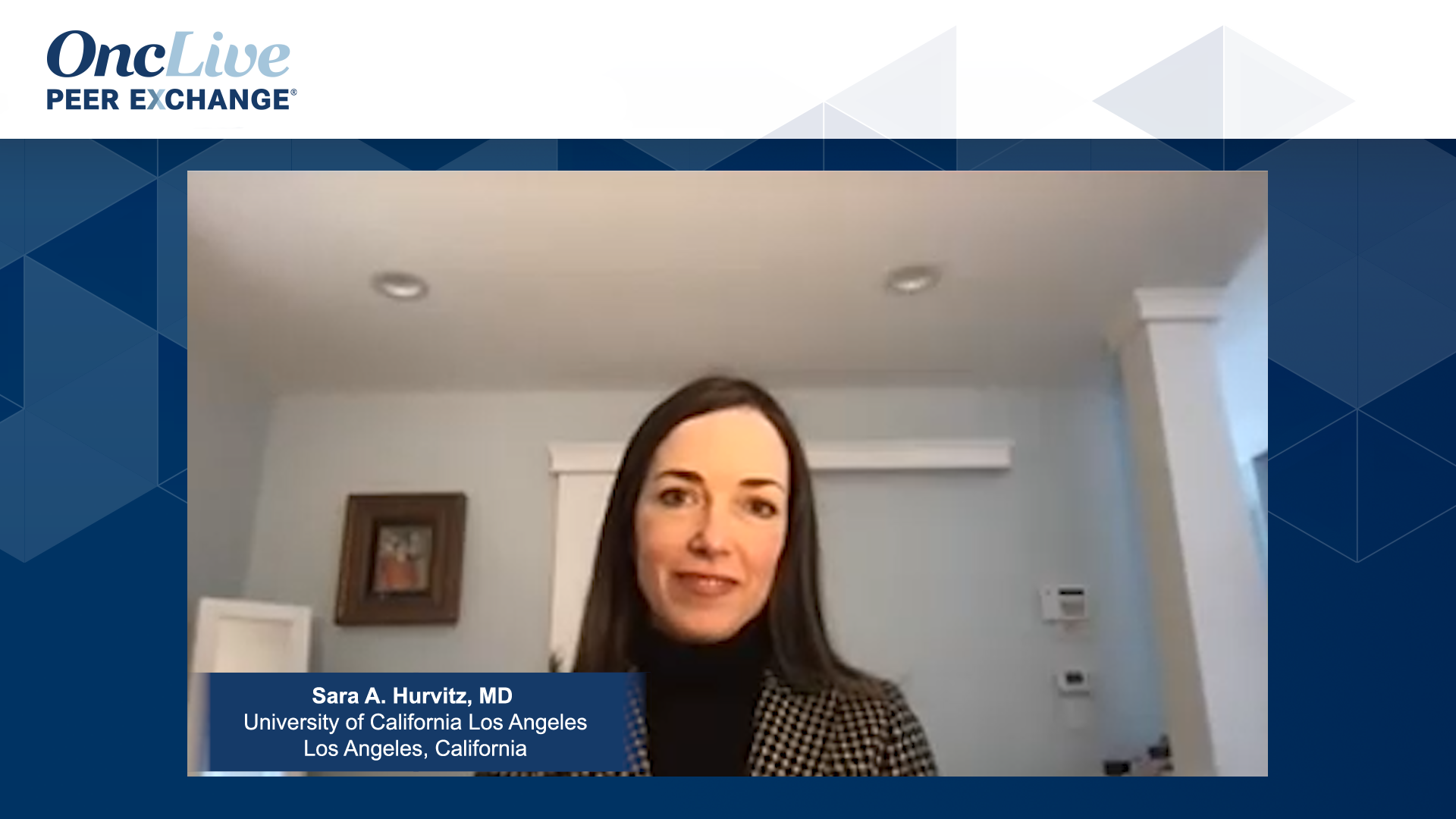
Latest Videos

CME Content
More News
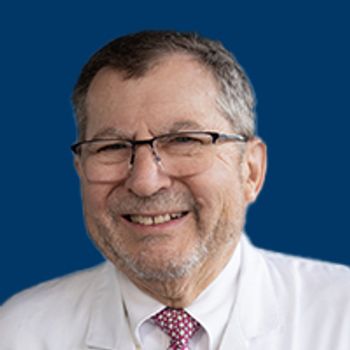
Hyman B. Muss, MD, discusses the potential benefits of metronomic chemotherapy and which patients with metastatic breast cancer could be candidates, as well as how to approach end-of-life conversations and decisions for patients.
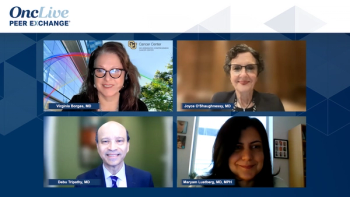
The panel closes their discussion by summarizing the most exciting recent advances in HER2+ breast cancer, the future of treatment, and unmet needs that must be addressed.

The panel highlights emerging data from SABCS 2022 on investigational agents being explored for HER2+ mBC treatment.

The panel discusses the management of patients with HER2+ mBC with asymptomatic brain mets and shares their thoughts on the use of surveillance brain MRI in this setting.

In a single-center study, investigators assessed real-world outcomes in patients with metastatic metastatic triple-negative breast cancer treated with the antibody-drug conjugate sacituzumab govitecan-hziy.

Lindsay Avner Kaplan and Nancy G. Brinker, the keynote speakers of the 40th Annual Miami Breast Cancer Conference, discuss the need to confront social determinants of health for patients and drive the public conversation and interpretation of personal and clinical stories in health care.
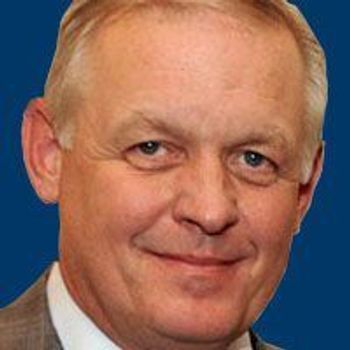
After settling the debate of which patients with early-stage, hormone receptor–positive breast cancer require chemotherapy in addition to endocrine therapy, investigators have set their sights on determining whether ovarian function suppression can deliver the same effects of chemotherapy and when to recommend abemaciclib and olaparib.

Novel selective estrogen receptor modulators, selective estrogen receptor degraders, and proteolysis-targeting chimera inhibitors have demonstrated early efficacy for patients with breast cancer who experience disease progression following CDK4/6 inhibitor treatment.

Brain metastases are a common complication in patients with breast cancer, and although systemic therapies for patients with HER2-positive disease have displayed promise in penetration of the blood-brain barrier, work remains for subsets of patients with central nervous system metastases.

The growth of artificial intelligence allows physicians to see tumors in unprecedented ways.

By moving away from adjuvant- to neoadjuvant-based protocols, such as I-SPY, investigators may be better able to develop effective treatments for patients in less time by refining the understanding of who will benefit from therapy, enabling strategies with multiple pathway targets, and testing approaches earlier in the disease course.

As additional antibody-drug conjugates continue to emerge for the treatment of patients with HER2-negative breast cancer, identifying optimal sequencing strategies and managing toxicities associated with these agents remain top priorities for their use, according to Hope S. Rugo, MD.
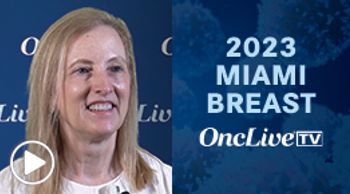
Kelly K. Hunt, MD, FACS, FSSO, discusses technical considerations for axillary reverse mapping in breast cancer for the reduction or prevention of lymphedema.

The FDA approved an expanded indication for abemaciclib (Verzenio) in combination with endocrine therapy for the adjuvant treatment of adult patients with hormone receptor–positive, HER2-negative, node-positive, early breast cancer that is at a high risk of recurrence.

With the advent of effective drug regimens to treat HER2-positive breast cancer, the use of tailored efforts with neoadjuvant therapy in this space may continue to improve efficacy moving forward.

The advent of antibody-drug conjugates has placed a renewed focus on the lesser thought of HER2 classifications of IHC 1+ and 0.

Melissa L. Pilewskie, MD, highlightes some of the primary components of her presentation concerning high-risk breast lesions, which will be delivered during the 40th Annual Miami Breast Cancer Conference®

Laura J. Esserman, MD, MBA, discusses the rationale and design for the phase 2 I-SPY2 trial.

The agenda set for this year's Miami Breast Cancer Conference® has been shaped by the recent updates out of the 2022 San Antonio Breast Cancer Symposium, updates to guideline recommendations over the past year, and the influence of new indications and approvals across subtypes of breast cancer.
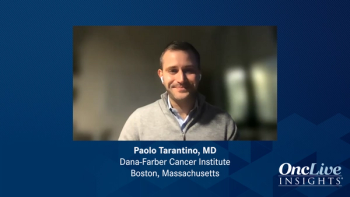
Paolo Tarantino, MD, highlights additional abstracts from SABCS 2022 that he found particularly interesting.
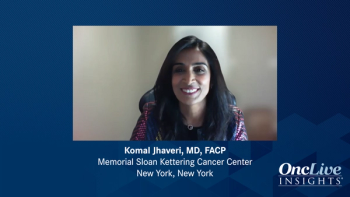
Komal Jhaveri, MD, FACP, explains the potential role ADCs may have in the future of breast cancer treatment.

Key opinion leaders consider when it is appropriate to continue CDK4/6 inhibition at progression of disease in the setting of HR+ metastatic breast cancer.
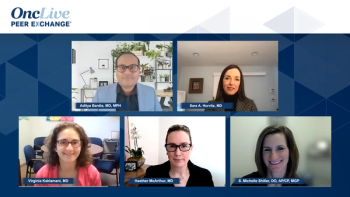
A brief review of the role molecular profiling plays at a patient’s relapse with HR+ metastatic breast cancer.
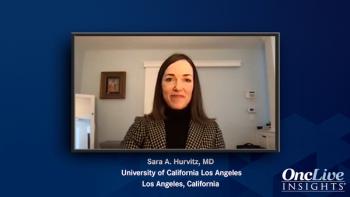
Panelists share a brief discussion on early-stage HER2-low breast cancer and identify treatment options available in that setting.
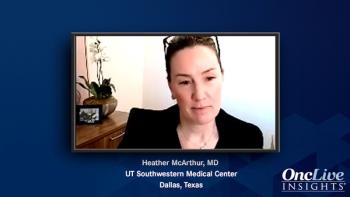
Comprehensive insight on evolving management strategies for patients diagnosed with HER2-low breast cancer.


